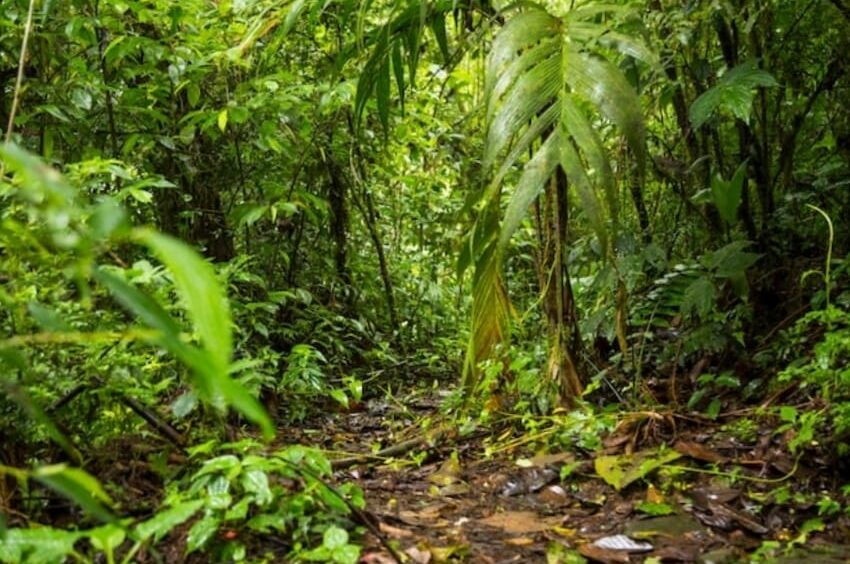Germany To Commit $1.15 Bn To Brazil’s Global Rainforest Fund

Pledge to Lula’s Tropical Forest Forever Facility aims to boost long-term finance for rainforest protection, with up to 70 developing countries eligible for support
Germany has pledged to contribute USD 1.15 billion (EUR 1 billion) over the next decade to Brazil’s new global rainforest finance mechanism, giving an early boost to President Luiz Inacio Lula da Silva’s Tropical Forest Forever Facility (TFFF).
Brazil’s environment minister Marina Silva announced the commitment on Wednesday at the UN Climate Change Conference in Belem, describing it as substantial support from Berlin for the new fund. The TFFF is designed to reward countries that preserve their rainforests and penalise those that increase deforestation, using satellite monitoring to track performance.
Brazil estimates the mechanism could eventually reach about USD 125 billion, distributing around USD 4 billion a year once a ramp-up phase is complete, which would nearly triple current international forest finance. The fund aims to provide predictable, long-term incentives for conservation across major tropical forest regions.
Rainforests, often described as the planet’s “green lungs”, absorb large volumes of greenhouse gases, help cool the atmosphere and provide habitat for vast biodiversity. They are under increasing pressure from agriculture, pasture expansion and mining.
Norway has already pledged USD 3 billion over 10 years, while Brazil and Indonesia plan to contribute USD 1 billion each. Founding members of the initiative include Brazil, Colombia, Ghana, the Democratic Republic of Congo, Indonesia and Malaysia.
The TFFF will be governed by an 18-member board split evenly between rainforest countries and donor nations, with the World Bank acting initially as trustee. Up to 70 developing countries could receive support, with recipient governments free to decide how to use the funds provided; at least 20 per cent is channelled to Indigenous peoples and traditional communities.
At its launch in early November, 53 countries, including 19 potential investor states, had expressed support for the initiative. Brazil is targeting an initial USD 25 billion in commitments from wealthier countries, with a further USD 100 billion envisaged from private-sector sources. Under the fund’s rules, investments linked to fossil fuels are excluded.

























































































































































































































































































































































































































































































































































































































































































































































































































































































































































































































































































































































































